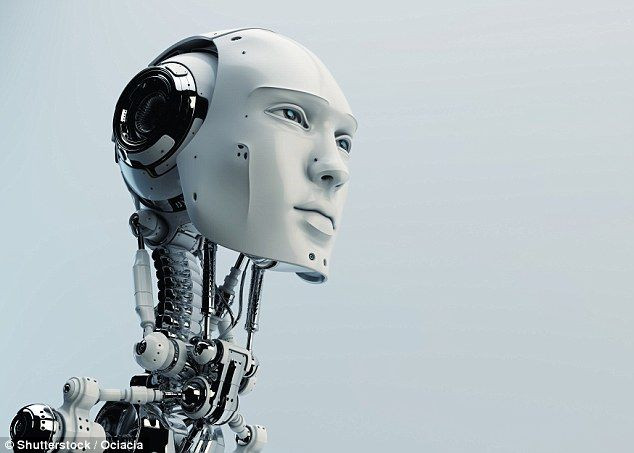Artificial Intelligence News: OECD Members, Including US, Back International Ethics Principles For AI

Thirty-six member nations of the Organization for Economic Cooperation and Development (OECD) voted Wednesday to ratify a set of international ethics guidelines on the use of artificial intelligence (AI).
Angel Gurria, the head of the OECD, hopes that the rules will improve transparency in how nations use AI.
"While AI is driving optimism, it is also fueling anxieties and ethical concerns," she said. "There are questions around trustworthiness, the robustness of AI systems, including the dangers of codifying or reinforcing existing biases related to gender or race, or infringing on human rights or privacy."
The guidelines serve as a framework for how the international community can best take advantage of the enormous scientific and economic opportunities that AI offers, while at the same time protecting human rights and democratic values.
The 36 OECD member countries voting for the measures include the United States, which has typically eschewed international agreements under President Donald Trump. Argentina, Brazil, Colombia, Costa Rica, Peru and Romania, who are not members of the OECD, also voted for the accord.
"AI is what we call a 'general purpose technology.' It's going to change the way the way we do things in nearly every sector of the economy – that's why we give so much importance to its development," Andrew Wyckoff, the OECD Director of Science, Technology and Innovation, told the media.
The rules are not binding under international law but are intended to be policy guidelines for the signing countries, with the OECD monitoring how these countries continue to use AI.
The principles were created with the advice of more than 50 AI experts.
© Copyright IBTimes 2025. All rights reserved.



















